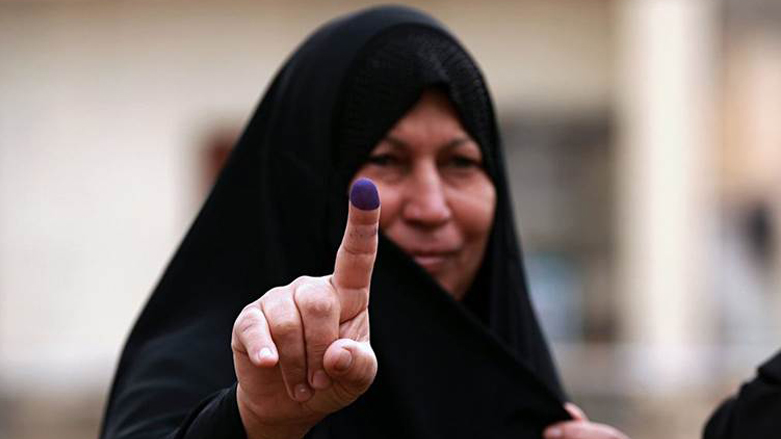‘No date is set for early elections’: Iraqi Independent High Electoral Commission
“The decision of holding an early election is in the hand of the IHEC’s commissioners’ committee, adding that this committee can decide about holding elections in cooperation with the government.”

ERBIL (Kurdistan 24) – The Iraqi Independent High Electoral Commission (IHEC) announced on Sunday that no date had been set to hold an early election in Iraq.
“IHEC is a professional institution that closely works with the Iraqi government and holds elections in cooperation with it,” Jumana Ghalay, IHEC’s spokeswoman, told Iraq’s state News Agency.
Ghalay emphasized that “no date had been set to hold an early election in Iraq.”
She pointed out that “the decision of holding an early election is in the hand of the IHEC’s commissioners’ committee, adding that this committee can decide about holding elections in cooperation with the government.”
In late July, the Shiite Coordination Frame Work (SCF) nominated Mohammed Sudani as their candidate for the prime minister’s position. This decision caused wide angry reactions by the Sadrists all over Iraq, particularly in Baghdad.
Read More: Fears for further escalation in Baghdad after Coordination Framework announces counterprotest
The Sadrists took to the streets in Baghdad. They broke into the green zone and the Iraqi parliament building protesting Sudani’s nomination, calling for dissolving the parliament and holding a second early election.
Iraq held an early election in October. However, since then, no government has been formed due to deep disputes among the Iraqi Shiite political parties.